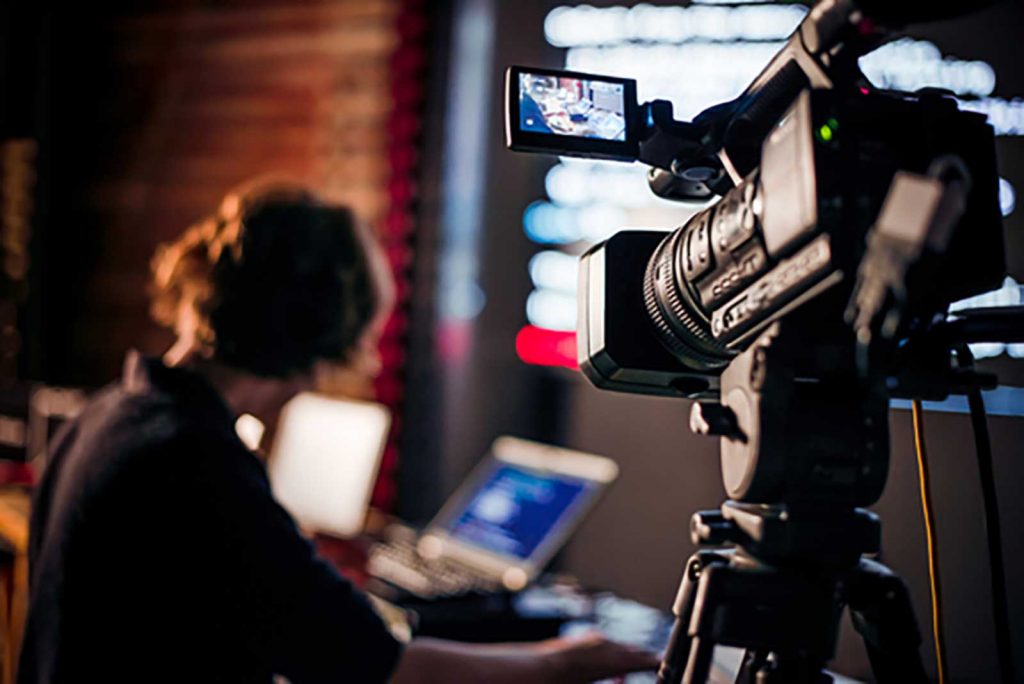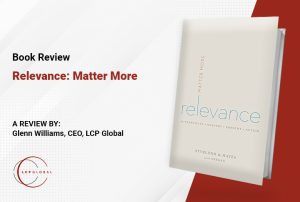Donald DePalma describes the Internet as similar to “discovering the Eighth Continent,” because it –
“…confounds legislators and cultural purists worldwide who do not know what to make of the Web-based globalization phenomenon that threatens to make their geographic, political, economic, and cultural boundaries almost meaningless” (DePalma, 2004, pp. vii).Of course, there are many benefits of an ‘interconnected world’ through the medium of the Internet. Rob Salkowitz, author of Young World Rising, points out a new breed of entrepreneurs whose growth and spread of their “social networks is helping to catalyze the potential seeded by capacity-building investments, bringing people into contact with ideas, opportunities, and markets” (Salkowitz, 2010, 81). While many organizations are still trying to come to terms with how their businesses should interact with the Internet, Lisa Gitelman and Geoffrey Pingree acknowledge how the emergence of new media throughout history has shaped culture. They provide a healthy discussion on the place of media: how it is introduced, managed and how their meaning and function is shaped over time from its use (Gitelman and Pingree, 2004, xv). Insights include how:
- Communication and media frame our context and collective sense of time, place and space, often defining what is public, what is private and what is or isn’t accurate (Gitelman and Pingree, 2004, xvi)
- Different types of media provide a structure to organize and transmit knowledge.
- Media has the power to discriminate (Gitelman and Pingree, 2004, xvi). Doctorow states that many of the poorer economies in our ‘information economy’ can’t afford access (Doctorow, 2008, 40).
- Media raises questions about the status and reliability of vision (Shaw, 2004, pp. 114).
What’s the bottom-line?
If culture continues to create new ways for us to communicate, understanding their limits while leveraging their potential will be important for shaping your leadership and the message you and your organization want to be known for. Consider the following insights –- Media is a powerful tool of communication, and awareness of its benefits and limitations (rather than ignorance or resistance) will improve your ability to use it well as a leader
- Don’t assume the message being conveyed through the medium is the message being received by all recipients
- Establish a) clear communication protocols and b) take time to evaluate new media. Ignoring the emergence of new media can convey a lack of understanding with the potential to undermine your reputation, to taking unnecessary risks and missing out on opportunities to expand your market and your message.
References
DePalma, Donald A. (2004). Business Without Borders. Massachusetts: Globa Vista Press.
Doctorow, Cory. (2008). Content: Selected Essays on Technology, Creativity, Copyright and the Future of the Future. San Francisco: Tachyon Publications.
Gitelman, Lisa, and Pingree, Geoffrey B. (eds.). (2004). New Media 1740-1915. Cambridge: MIT Press.
Salkowitz, Rob. (2010). Young World Rising: How Youth, Technology, and Entrepreneurship are Changing the World From the Bottom Up. New Jersey: John Wiley & Sons.
Shaw, Laura Burd. (2004). From Phantom Image to Perfect Vision. In New Media 1740-1915. eds. Lisa Gitelman and Geoffrey B. Pingree. Cambridge: MIT Press.



